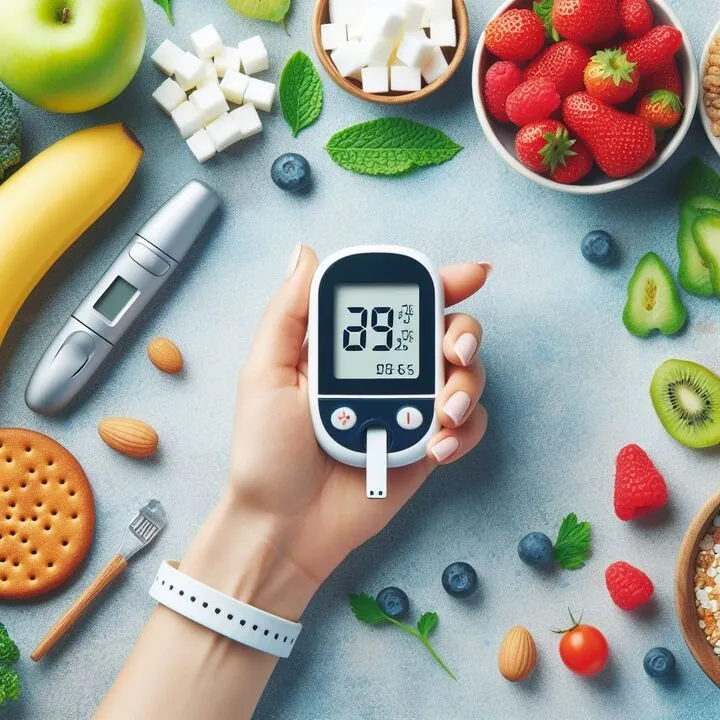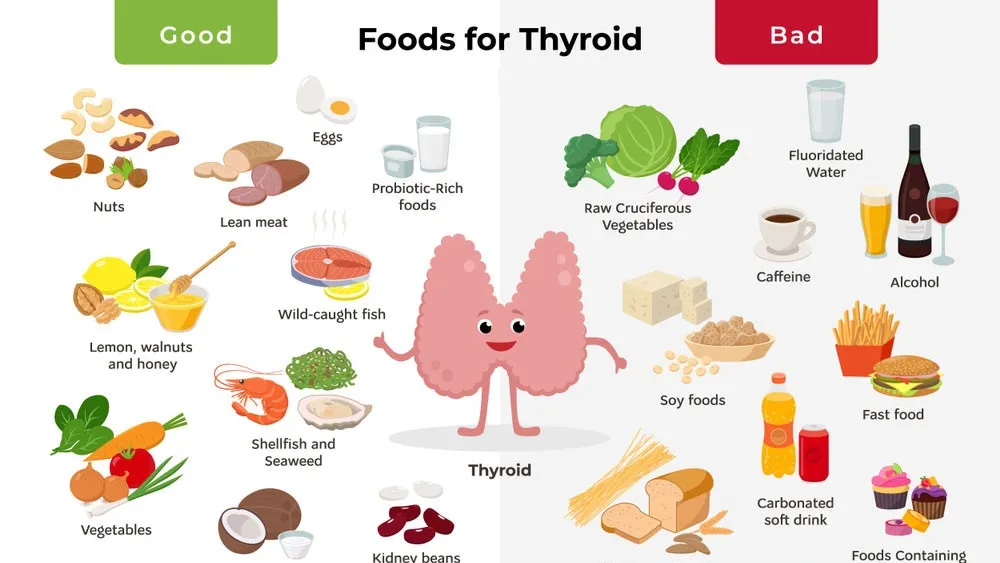
Introduction
Managing blood sugar levels is crucial for overall health, especially for individuals with diabetes or those at risk of developing the condition. Diet plays a significant role in blood sugar control, impacting energy levels, mood, and long-term health outcomes. In this article, we’ll explore effective dietary strategies for controlling blood sugar levels and promoting optimal health.
Understanding Blood Sugar Level
Blood sugar, or glucose, is the main source of energy for the body’s cells. However, consistently high blood sugar levels can lead to insulin resistance and type 2 diabetes. By understanding how blood sugar levels fluctuate and the role of insulin in regulating them, individuals can make informed dietary choices to maintain stable blood sugar levels.
Choosing the Right Foods
Selecting the right foods is essential for managing blood sugar levels effectively. Emphasize whole, nutrient-dense foods such as fruits, vegetables, lean proteins, and whole grains while minimizing processed foods and added sugars.
Balanced Meals and Portion Control
Eating balanced meals and practicing portion control can help prevent spikes and crashes in blood sugar levels throughout the day. Aim for a balance of carbohydrates, protein, and healthy fats at each meal, and pay attention to portion sizes to avoid overeating.
Impact of Carbohydrates on Blood Sugar
Carbohydrates have the most significant impact on blood sugar levels, so it’s essential to choose carbohydrates wisely. Focus on complex carbohydrates found in fruits, vegetables, and whole grains, which are digested more slowly and have a less dramatic effect on blood sugar.
The Role of Fiber and Whole Grain
Fiber-rich foods like fruits, vegetables, legumes, and whole grains help slow the absorption of sugar into the bloodstream, preventing spikes in blood sugar levels. Incorporating these foods into your diet can improve blood sugar control and promote digestive health.
Healthy Fats and Protein Source
Including healthy fats and lean protein sources in your diet can help stabilize blood sugar levels and promote satiety. Opt for sources of healthy fats such as avocados, nuts, seeds, and fatty fish, and choose lean protein sources like poultry, fish, tofu, and legumes.
Limiting Added Sugars and Processed Foods
Added sugars and processed foods can cause rapid spikes in blood sugar levels and contribute to insulin resistance over time. Limiting these foods and opting for whole, unprocessed options can help maintain stable blood sugar levels and support overall health.
Meal Planning and Timing
Planning meals ahead of time and eating at regular intervals can help prevent blood sugar fluctuations and promote consistent energy levels throughout the day. Aim for three balanced meals and healthy snacks as needed, and try to space meals evenly throughout the day.
Hydration and Blood Sugar Control
Staying adequately hydrated is essential for blood sugar regulation and overall health. Drinking water throughout the day can help prevent dehydration, which can affect blood sugar levels and energy levels.
Physical Activity and Blood Sugar Management
Regular physical activity is a powerful tool for improving insulin sensitivity and blood sugar control. Aim for at least 150 minutes of moderate-intensity exercise per week, such as brisk walking, cycling, or swimming, to support overall health and well-being.
Managing Stress and Sleep
Stress and lack of sleep can negatively impact blood sugar levels and insulin sensitivity. Practice stress-reducing techniques such as deep breathing, meditation, or yoga, and aim for seven to eight hours of quality sleep each night to support optimal blood sugar management.
Monitoring and Adjusting Diet
Monitoring blood sugar levels regularly and adjusting your diet as needed can help you maintain stable blood sugar levels and prevent complications. Work with your healthcare team to develop a personalized dietary plan tailored to your individual needs and goals.
Consulting a Healthcare Professional
It’s essential to seek guidance from a healthcare professional, such as a registered dietitian or diabetes educator, for personalized dietary advice and support. They can help you develop a comprehensive plan to manage blood sugar levels through diet and lifestyle modifications.
Conclusion
Controlling blood sugar levels through diet is essential for overall health and well-being, especially for individuals with diabetes or those at risk of developing the condition. By making smart dietary choices, practicing portion control, and adopting healthy lifestyle habits, you can effectively manage blood sugar levels and promote long-term health.
FAQs about Controlling Blood Sugar through Diet
-
Can I still enjoy sweets and desserts if I have diabetes?
– While it’s okay to enjoy sweets occasionally, it’s essential to monitor portion sizes and choose healthier alternatives whenever possible. Opt for sugar-free or low-sugar options, and enjoy sweets in moderation as part of a balanced diet.
-
Are there specific foods that can lower blood sugar levels quickly?
– Some foods, such as cinnamon, vinegar, and certain fruits and vegetables, may help lower blood sugar levels temporarily. However, it’s essential to focus on long-term dietary changes and overall lifestyle habits for sustainable blood sugar control.
-
Should I avoid carbohydrates completely if I have diabetes?
– Carbohydrates are an essential source of energy, so it’s not necessary to avoid them completely. Instead, focus on choosing high-quality carbohydrates from whole, unprocessed foods and monitoring portion sizes to maintain stable blood sugar levels.
-
How can I tell if a food will affect my blood sugar levels?
– Pay attention to how different foods affect your blood sugar levels by monitoring your glucose levels after meals. Keep a food diary to track your intake and identify patterns, and consult with a healthcare professional for personalized guidance.
-
Is it okay to skip meals if I have diabetes?
– Skipping meals can lead to blood sugar fluctuations and may increase the risk of overeating later in the day. It’s essential to eat regular, balanced meals and snacks to maintain stable blood sugar levels throughout the day.
-
Can I drink alcohol if I have diabetes?
– Moderate alcohol consumption may be acceptable for some individuals with diabetes, but it’s essential to monitor blood sugar levels and drink in moderation. Avoid sugary cocktails and opt for lower-carb options like light beer or dry wine.





